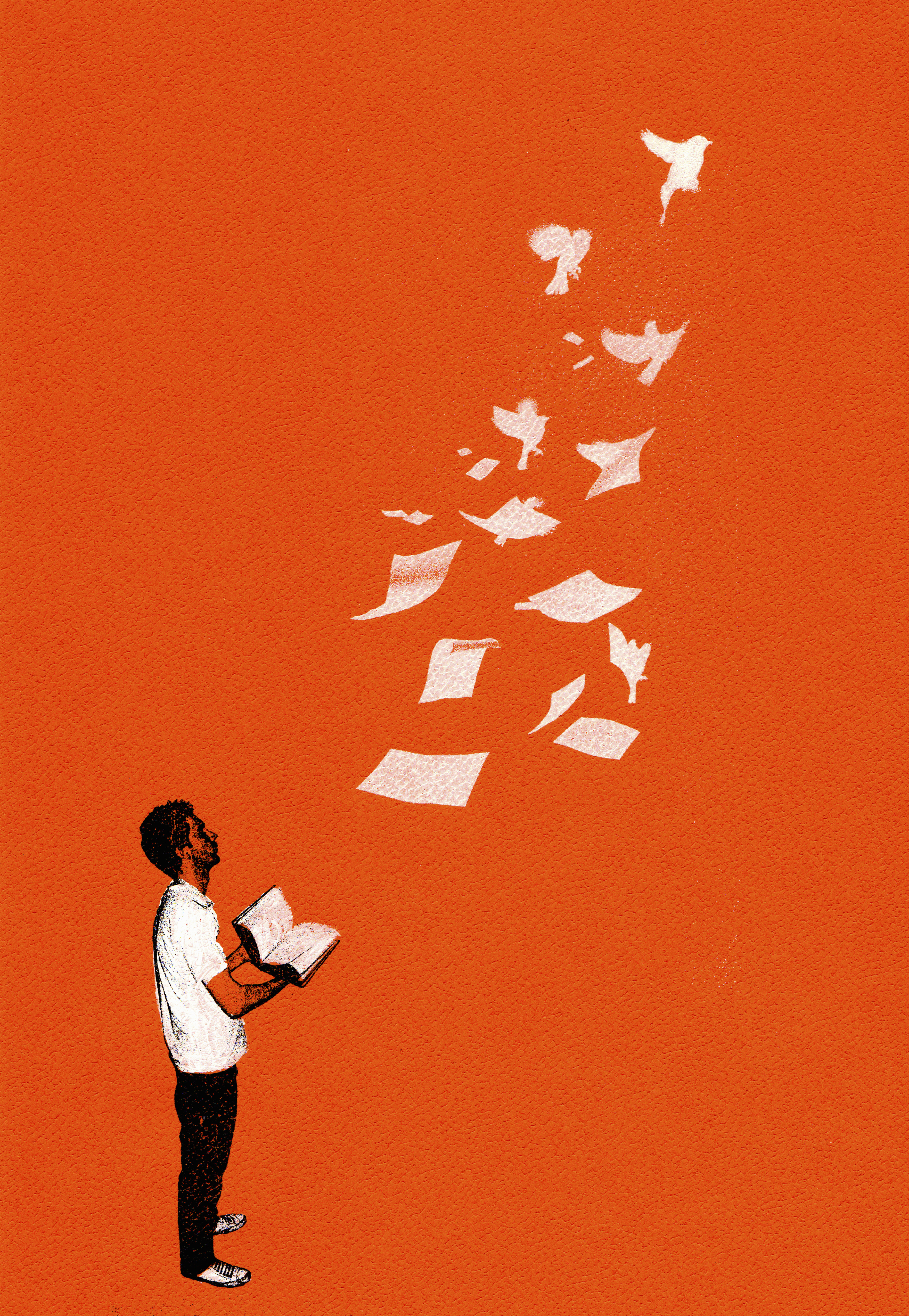A liberal arts education is great. But it depends how you define it.
Everyone has their own idea of what constitutes a liberal arts education


Say it with me: Liberal arts education is awesome.
No, I really believe that. The fact that so many in the global elite lack a liberal arts education is deeply worrisome for the future of our society. In fact, I believe in liberal arts education so much that I want it to be implemented from kindergarten to high school, not just college.
I join the chorus that says education is about much more than simply getting a jerb and competing against China using Science!™ I agree that what you learn in a liberal arts education can be tremendously useful in the real world, where everything these days is so fast-paced and mutable that knowing how to think critically is more profitable than any particular skill.
The Week
Escape your echo chamber. Get the facts behind the news, plus analysis from multiple perspectives.

Sign up for The Week's Free Newsletters
From our morning news briefing to a weekly Good News Newsletter, get the best of The Week delivered directly to your inbox.
From our morning news briefing to a weekly Good News Newsletter, get the best of The Week delivered directly to your inbox.
With all that being said... When someone like Fareed Zakaria, the very model of a politically correct modern pundit, writes a whole book defending a liberal arts education, you have to wonder if we're talking about the same thing.
However true all of the above is, there is nonetheless a serious problem with our notion of the liberal arts, which is not the monolithic entity we presume it to be. It's not as simple as taking five pills of Liberal Arts, and you'll know How to Think.
Because, after all, if we say a liberal arts education magically does all these things, then we must be able to give an account of how it does them. And that might necessitate an account of what the liberal arts are, or, even better, what they ought to be.
The problem is that once you've opened that Pandora's box (that's a reference to Greek mythology, for you non-liberal arts students), you realize that you can't define what the liberal arts are without defining, well, what human nature is, and moreover, what is true, good, and beautiful. (My colleague Damon Linker takes a welcome crack at it here.)
A free daily email with the biggest news stories of the day – and the best features from TheWeek.com
We've had that debate before — think back to the great controversies about college curricula in the 1980s and '90s, about whether they should continue to be dominated by Dead White Men. The debate may have been tedious — I think it ended mostly out of exhaustion — but it clarified that while the Western canon leaves out important perspectives that shouldn't be marginalized, there are lessons that Plato, Dante, and Thomas Jefferson can teach all of us. And it clarified that the debate over the liberal arts is a debate about a worldview.
To grossly simplify for a moment, the defense of Dead White Men held that there was something uniquely valuable about the Western tradition, and that the liberal arts should not just blandly teach "how to think", but also specific things that are uniquely Western, such as the Enlightenment. Furthermore, the liberal arts should teach that these things represent the true, the good, and the beautiful.
The politically correct perspective also believed in a specific vision of the true and the good and the beautiful, one that emphasized the reality of oppression, and the marginalization not only of peoples, but of whole cultures. This vision sought to bring other values to the fore.
Whatever you think of these two viewpoints, at least they stand for something. A counterexample is Harvard's astonishingly cowardly "core" requirements, which allow students to take any course they like in a number of areas of inquiry. One of these must be connected to "the study of the past," but Harvard pretends that it is equally valuable for a future member of the American elite to know the history of the American Revolution as it is to know the history of French engraving (and I love French engraving).
In short, to fashion a liberal arts curriculum is — inevitably — to become an evangelist for a certain worldview. Deciding what to emphasize requires taking a stand in debates that concern the entire history of ideas.
My own view is that the humanistic tradition that combines the Judeo-Christian worldview and Enlightenment values is not only important, but good, because it has given us uniquely good things like liberal democracy, modern science, and free enterprise. A worthy liberal arts education shouldn't just train people in "liberal arts" but in that specific tradition — not exclusively, but mainly. In an increasingly technological and scientific society, a true "liberal arts" education must also include mathematics, statistics, and quantitative social sciences and epistemology (which we badly need).
That's debatable. Some will argue that the humanistic tradition I describe doesn't even exist. Traditionalists and progressives alike will say that there is no possible "humanistic" synthesis between the modern spirit and the Judeo-Christian worldview. But at least it's a vision of what liberal arts ought to be, and not just a lazy assertion that the liberal arts are good. Let's get this debate started.
Pascal-Emmanuel Gobry is a writer and fellow at the Ethics and Public Policy Center. His writing has appeared at Forbes, The Atlantic, First Things, Commentary Magazine, The Daily Beast, The Federalist, Quartz, and other places. He lives in Paris with his beloved wife and daughter.
-
 Should parents stop tracking their kids?
Should parents stop tracking their kids?Talking Point Experts warn the line between care and control is getting murkier – and could have consequences
-
 How drones have detected a deadly threat to Arctic whales
How drones have detected a deadly threat to Arctic whalesUnder the radar Monitoring the sea in the air
-
 A running list of the US government figures Donald Trump has pardoned
A running list of the US government figures Donald Trump has pardonedin depth Clearing the slate for his favorite elected officials
